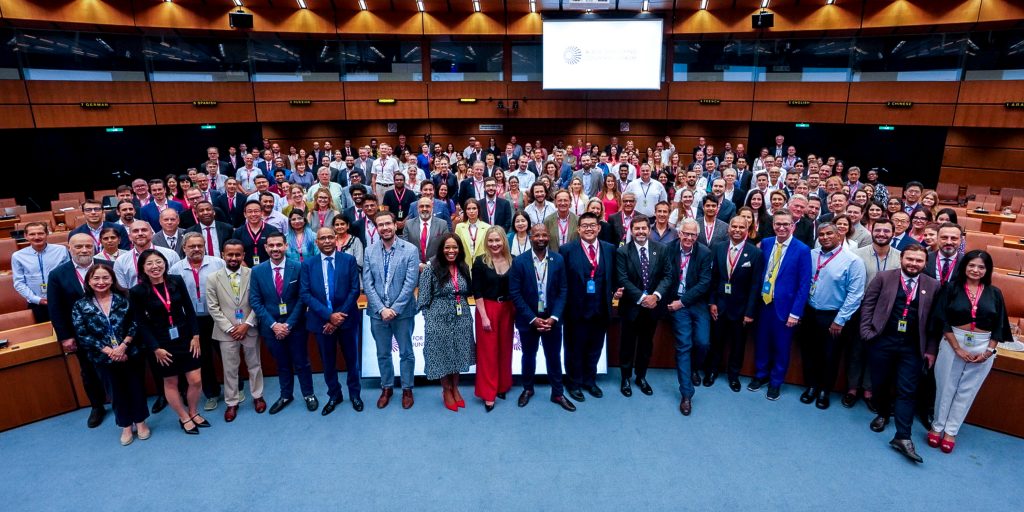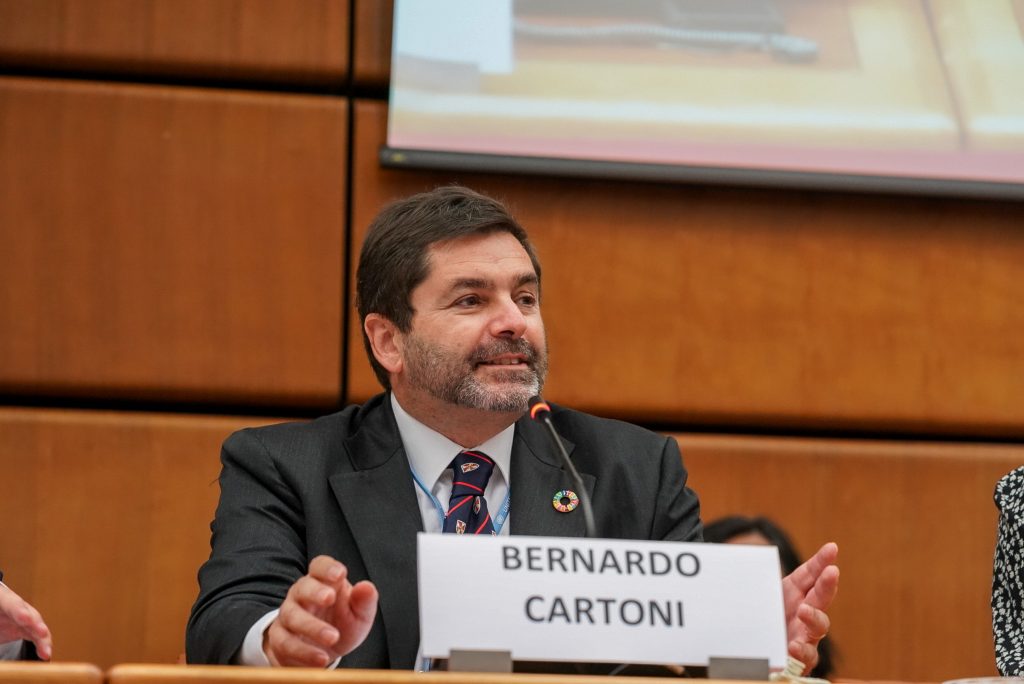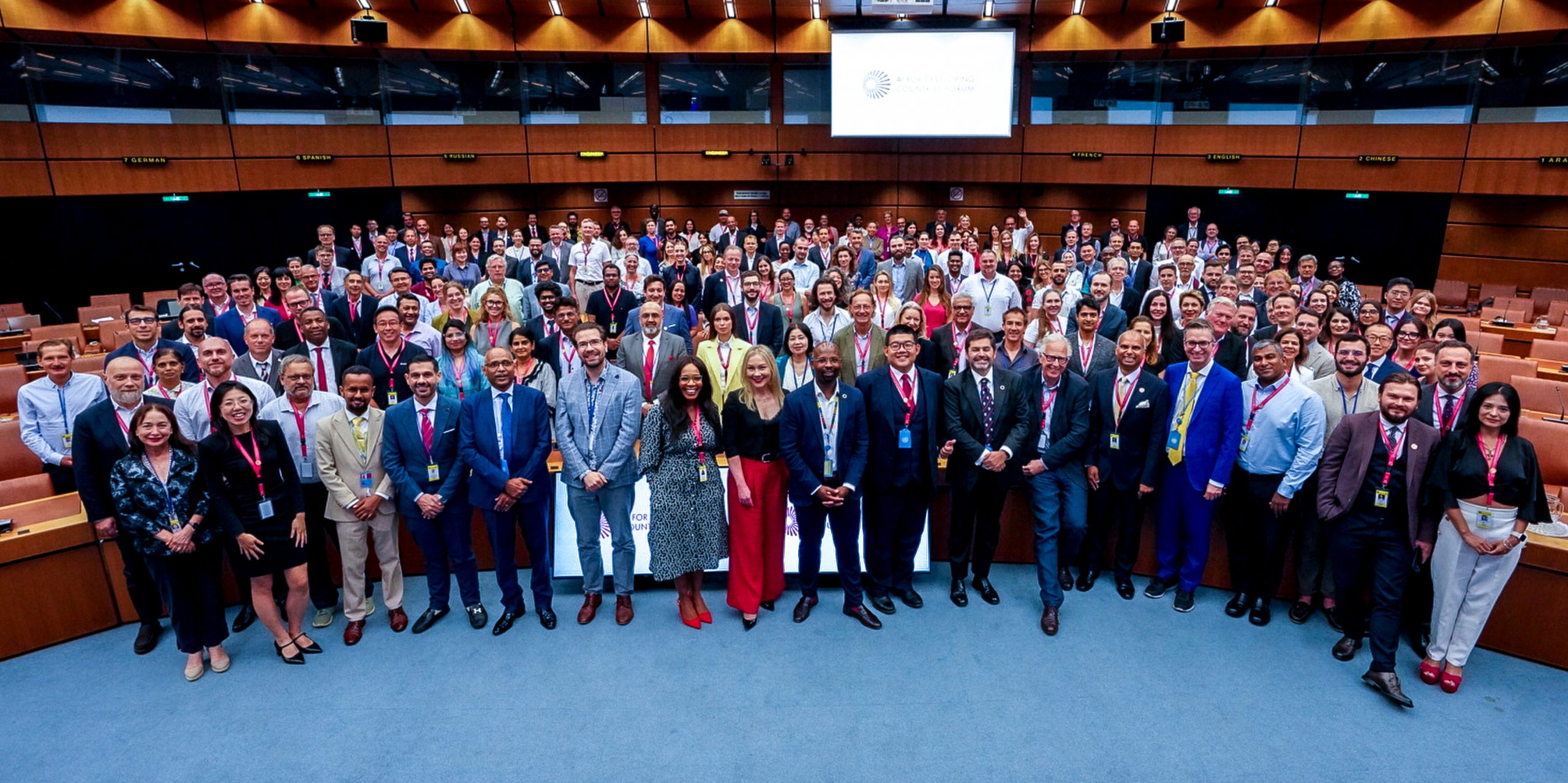Media Photos Inside: Global Experts Unite at UN Vienna for Landmark AI in Developing Countries Forum
The AI for Developing Countries Forum kicked off on July 17th at the United Nations Office in Vienna, centering on the theme “Fair AI for a Fair World”. This groundbreaking event brought together experts, policymakers, and innovators from around the globe to address the critical challenge of bridging digital divides and fostering inclusive AI development.

The day began with a powerful opening address by Tianze Zhang, who set the tone by emphasizing the urgent need to harness AI’s potential for global equity. This was followed by Andrea A. Jacobs’ announcement of the Third AI for Developing Countries Forum, scheduled for 2025, signaling the ongoing commitment to this vital dialogue. Dr. Wendy O’Brien from the UN Office on Drugs and Crime then delivered a thought-provoking presentation on the intersection of human rights and AI, underscoring the importance of ethical considerations in technological advancement.
The morning sessions continued with a keynote address by Ana Paula Nishio de Sousa from UNIDO, who explored AI’s transformative role in industrial development, particularly for emerging economies. Ambassador Magdi Ahmed Mofadal Elnour provided a crucial perspective on AI’s impact on Less Developed Countries, sparking discussions on both the opportunities and challenges these nations face in the AI era.
Throughout the day, a series of panel discussions delved into critical topics such as AI for Inclusive and Sustainable Development, Data Sovereignty in AI, Democratizing AI in Emerging Economies, and AI Governance in the Global South. These sessions brought together diverse viewpoints, fostering rich debates on how to ensure AI benefits all nations equitably.
The afternoon saw insightful presentations on Federated Data Infrastructures by Roland Fadrany and Enterprise Competitiveness in the AI Era by Daniel Ojdanic. These talks offered practical strategies for developing countries to leverage AI while protecting their interests and fostering local innovation.





The forum concluded with an engaging free discussion session, allowing all participants to share their unique insights on AI in developing nations. This collaborative dialogue emphasized the collective responsibility in shaping an AI future that bridges global divides rather than exacerbating them.




As the first day of the forum came to a close, it was clear that the event had succeeded in its goal of bringing together diverse perspectives to address the complex challenges of AI development in the Global South. The discussions highlighted the need for inclusive strategies, ethical governance, and international cooperation to ensure that AI becomes a force for global equity and sustainable development.





